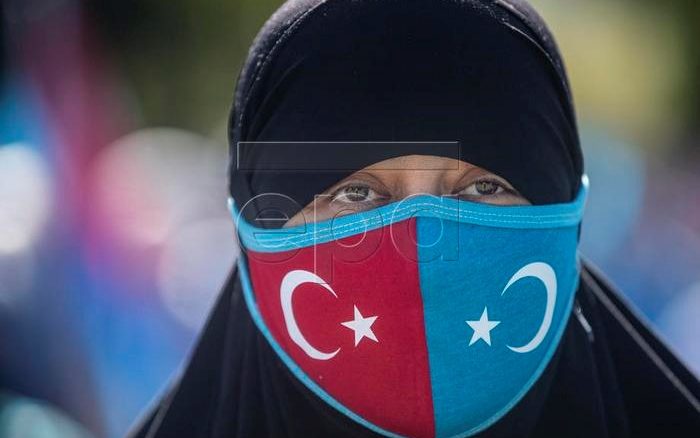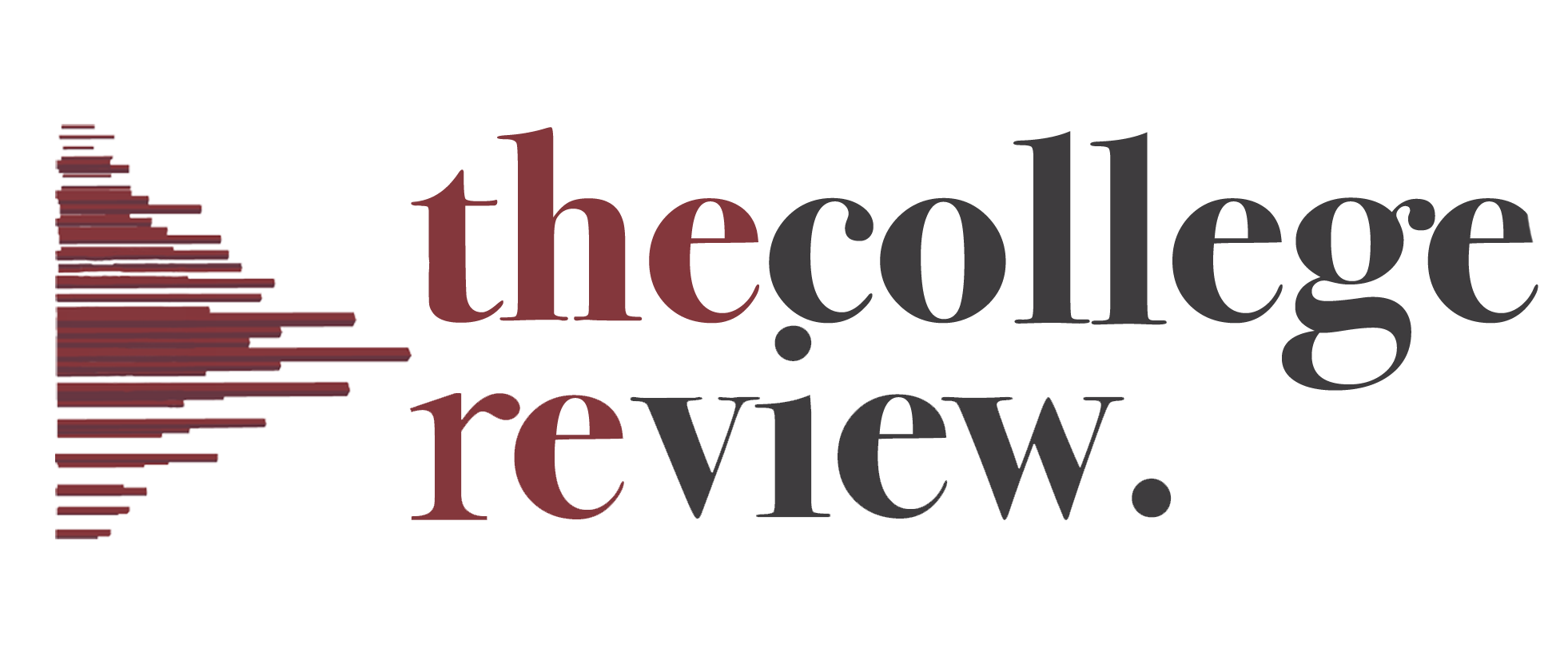
[dropcap]T[/dropcap]he Chinese government have ratified a Treaty with Turkey allowing extradition back to China. This has been condemned by critics as a way for the Chinese government to once again gain access to Uyghur Muslims who have fled their home in China to Turkey.
The Turkish government is now under pressure from the Chinese government to ratify the agreement themselves, originally signed in 2017. However, outside forces, such as the UN, NGOs and other charities, are also pressuring Turkey to back out of the agreement.
These include campaign group Uyghur Solidarity Campaign UK, the Uyghur Human Rights Project and Uyghur World Congress (UWC), an organisation of Uyghur exile communities based in Germany.
“If adopted by Turkey, the extradition treaty is likely to become another instrument of persecution for China, aiding the Chinese government in its coordinated efforts to forcibly return Uyghurs living abroad,” said the WUC.
An estimated 50,000 Uyghur people have fled to Turkey in the face of persecution by the Chinese government. For those who don’t have Turkish citizenship, this agreement is a great cause for concern, according to Dilxat Raxit, a spokesperson for the WUC.
Many have also fled to other countries including Sweden, the US and Australia.
Will Turkey back out?
It’s also for China’s prominence in trade that Turkey may ratify the agreement.
China has a history of withdrawing trade as a bargaining chip before. In November of 2020, China went back on its commitments in the China-Australia Free Trade Agreement when it added on huge tariffs that would double or triple the price of Australian wine.
The Chinese government said this was done after an investigation launched in August, 2020, found that Australian wine was being dumped in China.
China also holds two newly developed Covid-19 vaccines, one of which (CoronaVac, by the biopharmaceutical company Sinovac) has undergone trials in Turkey.
Data from just before Christmas found that a CoronaVac late-stage trial in Turkey was 91.25% effective.
Media have speculated that China’s vaccines may be used as a bargaining chip and could be withheld until the ratification of the agreement.
The first shipment of CoronaVac to Turkey was initially delayed due to a “customs-related problem.”
What does this mean for refugees?
Refugees in Turkey who do not have Turkish citizenship will be eligible for extradition by the Chinese authorities, should Turkey go ahead with this decision.
Uyghur people have fled from their home region of Xinjiang, in western China, where they are being interned in camps.
After escaping persecution they risk being handed back to their alleged oppressors.
“It’s very frustrating,” said Aaliah Saeed, Chairperson of the DCU Islamic Society, “as a Muslim person, to watch my own people kind of be in this situation. The refugees are much safer in turkey, she also said, despite how uncertain the situation may be.
Iqra Bari, a Muslim student in DCU, said that she felt not enough was being done to help Uyghur Muslims, she felt. “It’s disgusting to see honestly,” she said. “I know a lot of Muslim activists have spoken out about it, but like I could not tell you any governments that have really done much.”
Xinhua News Agency, the official state-run press in China, said that China 169 extradition treaties and judicial assistance bills with 81 countries and regions, including Turkey.
What are they running from: cultural genocide
The Chinese government have been interning members of the Uyghur Muslim population in the Xinjiang region in camps from 2017 onwards. There are at least 1 million people in these camps, with estimations in 2019 calculating that one in six Uyghurs in Xinjiang are interned.
Reports of the camps’ operation have been surfacing since 2018. The use of these camps and the activities that go on within have been labelled as a “cultural genocide.”
This is where actions are taken “to destroy any nations’ or ethnic groups’ culture”, according to the Armenian Genocide museum. This can be through “national, spiritual and cultural destruction.”
However, cultural genocide is not explicitly criminalised in the 1948 UN Convention on the Prevention and Punishment of the Crime of Genocide.
There are reports of Uyghurs being forced to eat pork and consume alcohol in these camps, which goes against the Islamic religion.
In 2017, the Xinjiang government also passed legislation, outlawing men from growing long beards and women from wearing veils. Between 2016 and 2018, 31 mosques were damages, at least 15 of which were completely demolished.
Associated Press, through interviews and data analysis, discovered that minority women in the Xinjiang region are being subjected to pregnancy checks, forced intrauterine devices, sterilization and abortion. Those parents found to have what is considered too many children (three or more) are sent to the detention camps or must pay a fine.
What are they running from: slave labour
Uyghurs in these camps are being forced into picking cotton in harsh labour conditions, according to a BBC investigation from December 2020. It found that in 2018, 210,000 people were sent via “labour transfer” from cities in Xinjian (Hotan and Aksu) to cotton fields in the countryside.
References are made to the pickers being guided to “consciously resist illegal religious activities” in various online Chinese government documents and state news reports.
The Centre for Global Policy, an American NGO that works on issues of US foreign policy intersecting with the geopolitics of Muslim-majority countries, said that there are as many as 570,000 people engaging in this slave labour from at least three different regions in Xinjiang.
85 per cent of China’s cotton is produced in the Xinjiang region and China, in turn, supplies one-fifth of the worlds cotton. This means that overall, 17 per cent of global cotton comes from Xinjiang, where this slave labour is being conducted.
What are they running from: organ harvesting
Unlike the traditional genocide one imagines, cultural genocide is not physically violent. However, there have been claims from survivors of the camps and family members of those within the camps of violent acts against Uyghurs.
In 2019, the China Tribunal announced there was clear evidence that organ harvesting of prisoners had taken place in the last 20 years. Most of the victims were members of the Falun Gong religious movement, banned by China in the 90s under the country’s nationwide atheism doctrine.
Lawyer for the China Tribunal, Hamid Sabi, said that other religious and ethnic minorities were targeted, including Uyghur Muslims.
The Tribunal determined there was possible evidence that Uyghurs detained in the camps in Xinjiang are subjected to regular medical testing and are “being used as a bank of organs.”
There are other testimonies of physical torture in the camps. One refugee woman told Jewish News that Uyghur men and women are being raped in one of the camps she was employed to teach in.
Denial
However, China has called these camps “vocational schools” or training centres, with the aim of combatting “terrorism and religious extremism.” They have denied the centres being re-education camps.
The Chinese government also denied the claims of organ harvesting and other abuses within the camps, dismissing them as fabrications.
Li Wei, a counterterrorism expert at the China Institute of Contemporary International Relations in Beijing, said that the extradition treaty with Turkey is in the name of counterterrorism. The agreement will deter terrorists as they can no longer commit crimes in one country and then flee to another.
A survey conducted by a state-run journal in 2017 said that of the 588 “participants” trained in these “vocational camps” were released with a 98.9 per cent effectivity rate. By the time these people were set free, they “had learned their mistakes”, according to the journal.
China’s interest
About a quarter of China’s oil, coal and natural gas reserves are in Xinjiang, as well as most of its uranium reserves, which has been described as the country’s “national energy strategy base.” Control over these resources keeps the Chinese Communist Party in power.
The region is vital for access to oil from Central Asia and the Persian Gulf, and the government has invested in new pipelines to run through the province to bring oil to larger, eastern cities like Shanghai.
Also running through the region is the Silk Road Economic Belt, a strategy to promote economic development and inter-regional connectivity through road and rail infrastructure.
On top of all this, Xinjiang comprises one-sixth of China’s territory. Scholars have theorised that for these reasons, China wishes to retain its tight grip on the region, its resources and its people.
Previous clashes
Many Uyghurs do not consider themselves Chinese. The ethnic minority speak Turkic and have their own separate culture from their fellow Han.
Several previous governments in China promoted the migration of Han people to Xinjiang since the 18th century until it was officially annexed by the People’s Republic of China in 1949.
This forced integration led to much resistance from ethnic (now) minorities in the region from the 1990s onwards.
In 2009, there were violent clashes between the Uyghurs and Han-Chinese in the capital city of Urumqi in Xinjiang. The protests by Uyghur people were calling to launch an investigation into claims of Uyghur men raping Han Chinese women.
197 people were killed in the riots, 12 Uyghur and the rest Han. Over 1,600 were injured.
These are figures are according to reports from Chinese officials, and many scholars and media say it is likely the true scope of the event will never be known due to lack of independent oversite.
Niamh Quinlan
Image Credit: Erdem Sahin;EPA



